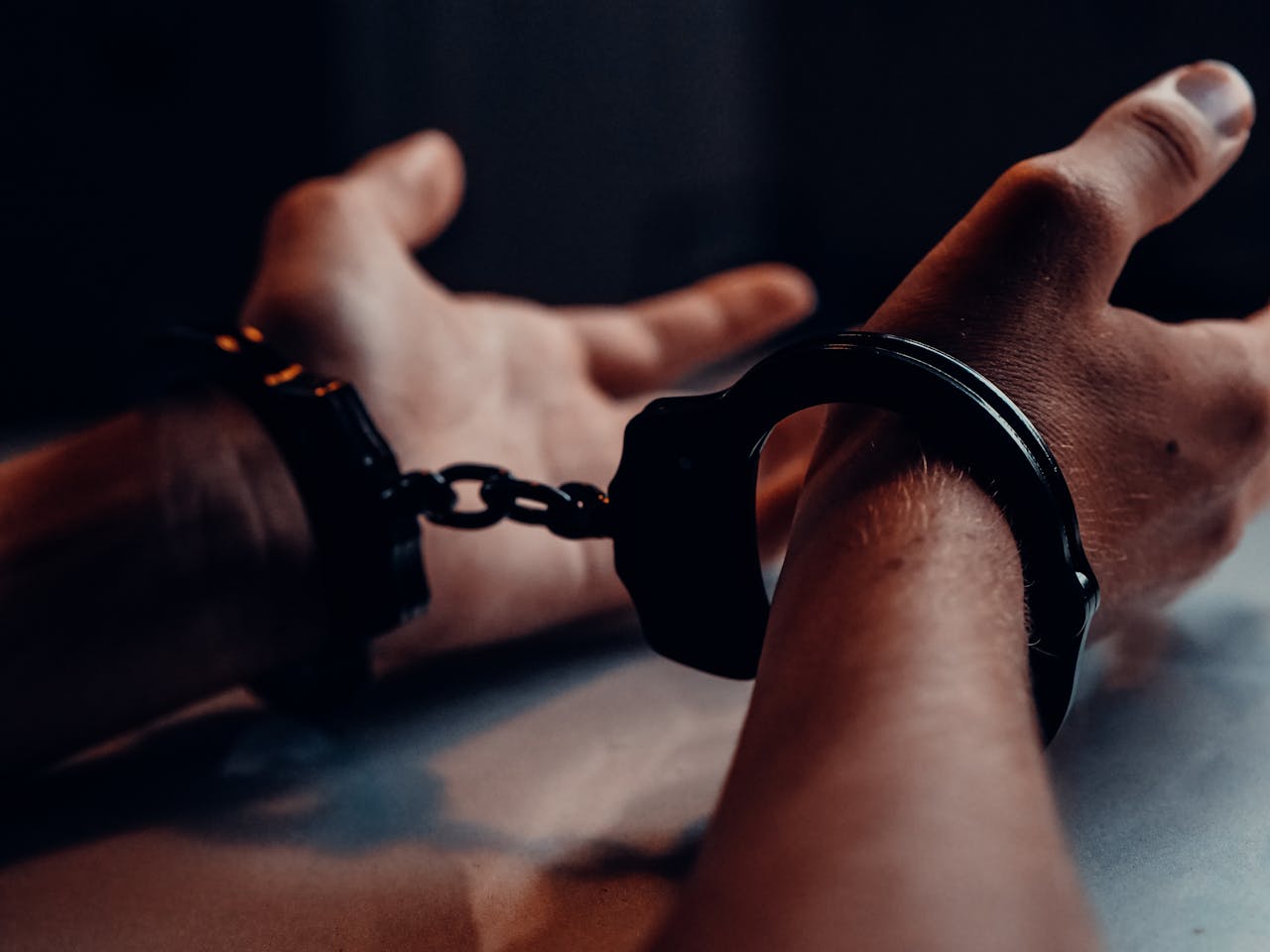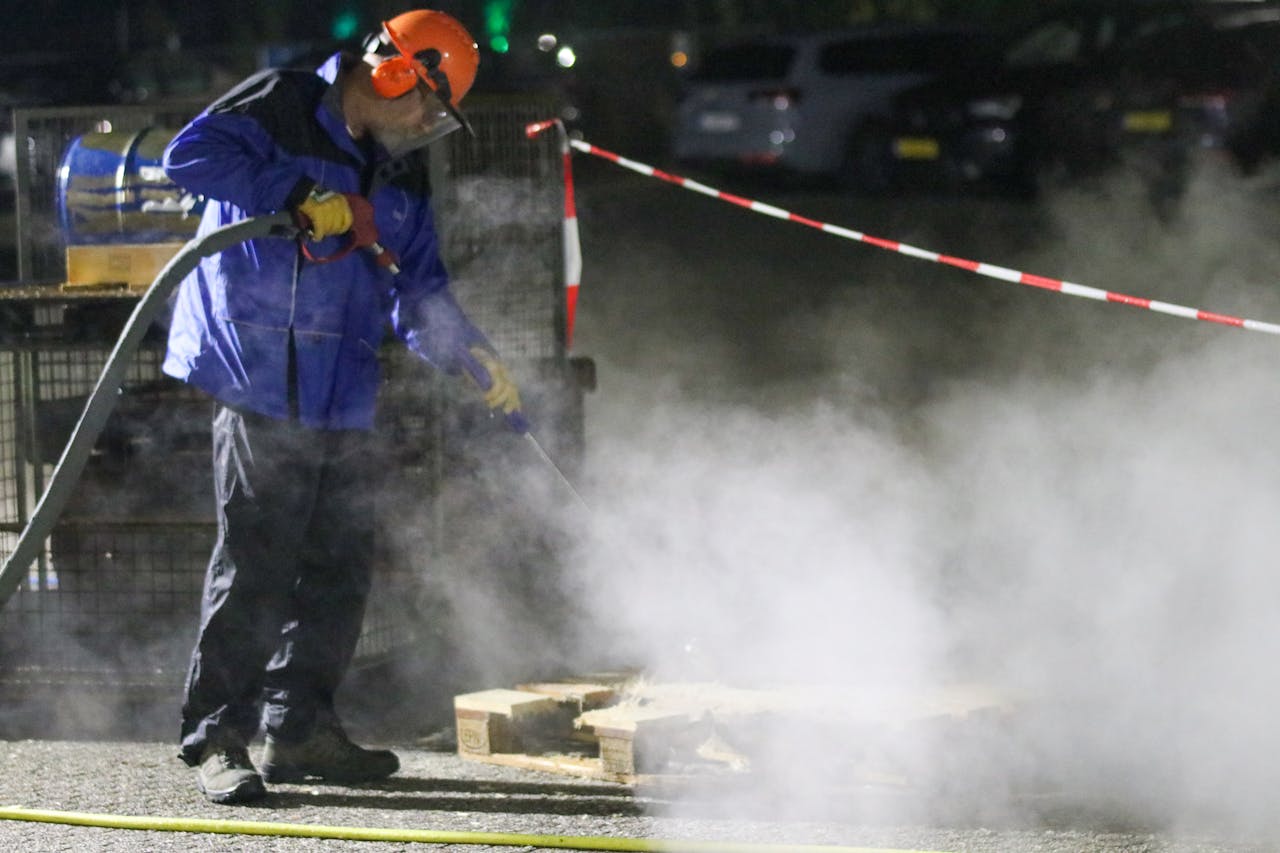Introduction
Criminal law in Norway regulates what is considered a crime and determines the punishment for those who break the law. It is one of the most important areas of Norwegian law, as it protects society, ensures justice, and safeguards the rights of both victims and defendants.
If you or someone you know is accused of a crime, it can feel overwhelming and frightening. Understanding how the Norwegian criminal justice system works can make a big difference. In this article, we explain the basics of criminal law in Norway — from investigation to sentencing — in clear, simple language.
What is criminal law?
Criminal law deals with acts that are prohibited by law and punishable by the state. The main purpose is to prevent crime, protect citizens, and maintain trust in society.
Criminal offences are primarily regulated by the Norwegian Penal Code, which defines what is considered a punishable act and the consequences of committing one.
The Penal Code divides offences into two main categories:
Misdemeanors: Less serious offences, such as minor theft or traffic violations.
Felonies: More serious crimes, such as assault, fraud, sexual offences, or murder.
To be found guilty of a crime, two main conditions must be met:
The act must be illegal.
The person must be culpable— meaning they acted intentionally or negligently.
The criminal process in Norway
The Norwegian criminal process is designed to ensure fairness and transparency. It follows a structured path from investigation to verdict.
1. Investigation
When the police suspect that a crime has been committed, they start an investigation. The purpose is to gather evidence and determine whether someone should be charged.
If you are under investigation, you are considered suspect. If the police find sufficient evidence, you may become formally charged.
During this stage, you have several important rights:
The right to remain silent
The right to a defense lawyer
The right to see the evidence against you before trial
2. Prosecution
If the public prosecutor believes there is enough evidence, they will issue a charge. The case is then brought before the court.
The prosecutor represents the state and is responsible for proving guilt beyond reasonable doubt.
3. Trial
The case is heard in court (tingretten for most cases). Both sides — the prosecution and the defense — present their arguments, call witnesses, and submit evidence.
The defendant has the right to:
Be represented by a lawyer
Present their version of events
Challenge the prosecution’s evidence
After hearing the case, the judge (or a panel of judges and lay judges) will decide on guilt and punishment.
4. Sentencing and appeal
If the court finds you guilty, you will receive a sentence. You have the right to appeal the decision to a higher court — the Court of Appeal or, in special cases, the Supreme Court.
Common types of criminal offences in Norway
Theft and property crimes
Theft, robbery, and fraud are among the most common offences. Penalties vary depending on the value of the property and the circumstances.
Violent crimes
Assault, domestic violence, and serious bodily harm can lead to severe punishment, including imprisonment.
Drug offences
Drug-related crimes are taken seriously. Possession, use, and trafficking can result in fines or long prison sentences, depending on the quantity and intent.
Sexual offences
These include rape, sexual abuse, and online exploitation. The law prioritizes the protection of victims, and sentences are strict.
Economic crimes
This includes fraud, embezzlement, tax evasion, and corruption. Such crimes can lead to both imprisonment and financial penalties.
Traffic offences
Serious traffic violations — such as drunk driving or reckless driving — are punishable under the Penal Code and may lead to loss of license, fines, or imprisonment.
Penalties and punishment
Norwegian courts have several options when determining punishment, based on the seriousness of the crime and the offender’s circumstances:
Fine: A monetary penalty for minor offences.
Conditional imprisonment: The sentence is suspended unless the offender commits a new crime within a given period.
Unconditional imprisonment: Actual time served in prison.
Community service: Work for the benefit of society instead of prison.
Loss of rights: For example, losing a driver’s license or professional authorization.
The Norwegian justice system also emphasizes rehabilitation — helping offenders reintegrate into society.
The role of a defense lawyer
If you are accused of a crime, having an experienced criminal defense lawyer is essential. A lawyer ensures your rights are protected throughout the process and can make a significant difference in the outcome.
A defense lawyer can:
Review police evidence and question its validity
Attend interrogations and advise you on what to say
Represent you in court and argue your case
Help you appeal an unfair verdict
In many cases, you are entitled to free legal aid or a court-appointed lawyer — especially in serious criminal matters.
Your rights as a defendant
Under Norwegian law, anyone accused of a crime is innocent until proven guilty. You also have the right to:
A fair trial
Be informed about the charges against you
Remain silent without this being held against you
Legal representation at all stages
The court system is designed to balance the power of the state with the protection of the individual.
Victims of crime – your legal protection
Victims also have strong legal rights in Norway. They can receive assistance from a victim’s lawyer, who provides support and ensures their interests are protected during the investigation and trial.
Victims may also be entitled to compensation from the offender or the state, depending on the circumstances.
Conclusion
Criminal law in Norway is built on the principles of fairness, proportionality, and human rights. The system aims not only to punish offenders but also to prevent crime and protect society.
If you are under investigation, charged with a crime, or have been a victim of criminal conduct, getting professional legal help early can make all the difference.


